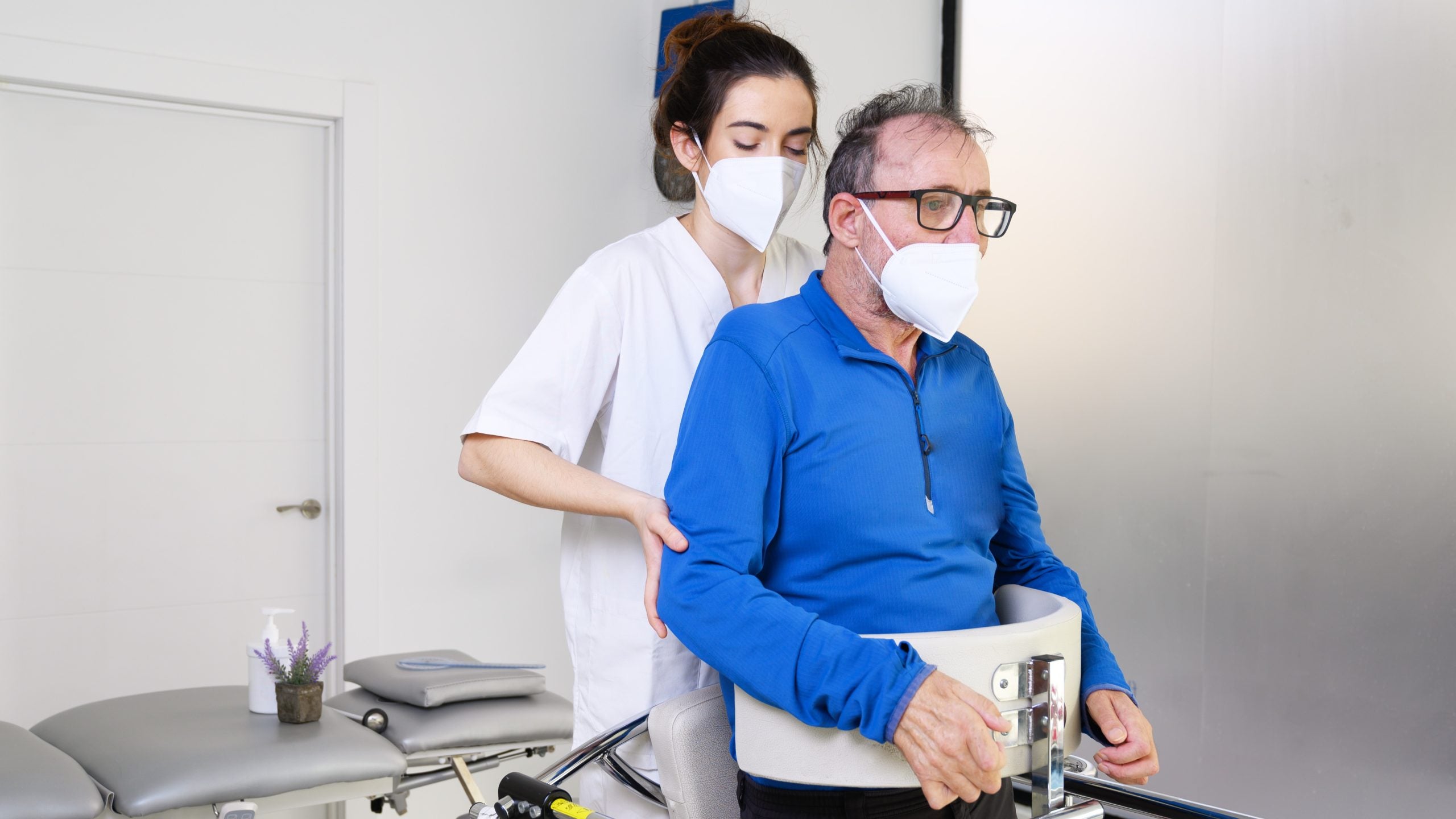
A decade ago, there was just one approved treatment for amyotrophic lateral sclerosis (ALS). However, there are now five.
The HEALEY ALS Platform Trial is a first-of-its-kind effort to test multiple experimental treatments simultaneously and on a rolling basis.

Discover B2B Marketing That Performs
Combine business intelligence and editorial excellence to reach engaged professionals across 36 leading media platforms.
Dr Merit Cudkowicz, chair of neurology and director of the Sean M Healey and AMG Centre for ALS, Massachusetts General Hospital, Harvard Medical School, revealed the results from the recent HEALEY Platform Trials and spoke about the promising growth in the number of available ALS treatments over the past decade at the 26th World Congress of Neurology in Montreal, Canada.
The multicentre, double-blind, placebo-controlled, perpetual and adaptive platform trial tests multiple investigational products in parallel to discover safe and effective treatments for people living with ALS.
The trial accelerates the search for more treatments by enabling researchers to test multiple drugs simultaneously. According to GlobalData’s Pharmaceutical Intelligence Centre, there have so far been five regimens, A to E, completed with regimens F (NCT05740813) and G (NCT05842941) currently recruiting. F and G are testing two experimental medications, DNL-343 and ABBVCLS-7262, which are moving into Phase III.
HEALEY ALS platform trial accelerates clinical trials
The centre reports that the HEALEY trial reduces the cost of research by 30% and decreases the average length of trials by 50%. The trial began in 2020 and has since completed five rounds of clinical trials with two upcoming trials actively recruiting participants.

US Tariffs are shifting - will you react or anticipate?
Don’t let policy changes catch you off guard. Stay proactive with real-time data and expert analysis.
By GlobalData“It has been a game-changer to have all these new treatments,” said Dr Cudkowicz. “It used to be that when we saw people with ALS, there wasn’t a lot we could do to treat the disease. Now, all of a sudden, there is actually a lot we can do that has a direct impact on people’s quality of life.
“There is still a great need for ALS research to better understand the underlying biologies and to develop more targeted treatments. There is a large community of scientists, clinicians, foundations and people living with ALS working together to solve ALS.”





